Keywords: England
There are more than 200 results, only the first 200 are displayed here.
-
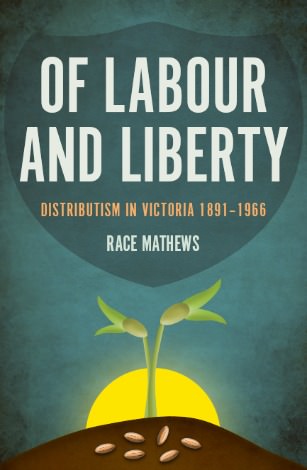
RELIGION
- Andrew Hamilton
- 05 April 2017
6 Comments
It can be disconcerting to hear our family history told by a sympathetic outsider. I found Race Matthews' new book that treats Catholic engagement in public social issues fascinating in that respect. Matthews' perspective is that of a member of the Labor Party who admires Catholic Social Teaching, especially its commendation of the communal ownership of business enterprises. He sees the possibilities this presents for the reform of Australian society, particularly if adopted by the Labor Party.
READ MORE 
-
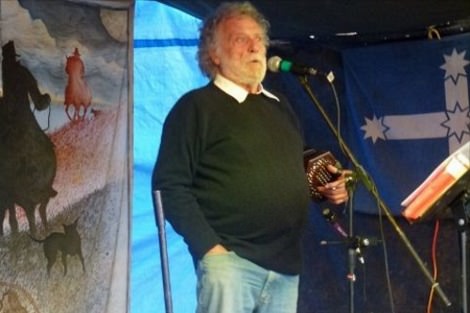
ARTS AND CULTURE
Danny sang of farm labourers, poachers, mariners, union martyrs and miners. He did not simply perform the songs - that would be too much like exploiting them. His aim was to help preserve them. When he introduced a song it was clear that he had great respect for the tradition in which he fitted and that he had done extensive research into the song's provenance. The songs were important because of how they recorded aspects of working class life which mainstream histories might neglect.
READ MORE 
-

RELIGION
- Bill Wright
- 06 March 2017
4 Comments
Speaking of reform in the church can mean many things. Often it's about practical matters: sorting out the Vatican Bank, changing how bishops are chosen or clergy trained; that sort of thing. Occasionally, however, reform is about seeking real religious change. Martin Luther, I want to suggest, is one of those reformers who was not concerned with tinkering with structures of the church but with reforming the Christian message so that it might reform the believer.
READ MORE
-
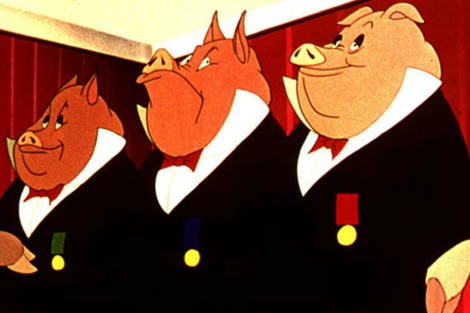
AUSTRALIA
- Brian Matthews
- 20 February 2017
14 Comments
In these duplicitous times it's not surprising to find Nineteen Eighty-Four cited. In Airstrip One, WAR IS PEACE; FREEDOM IS SLAVERY; IGNORANCE IS STRENGTH - a Nineteen Eighty-Four equivalent of a Tweet with plenty of character space left to add insults. And all facts are alternative, as in the news, 'Oceania is at War with Eurasia', which becomes before your very eyes, 'Oceania has never been at war with Eurasia.' For events closer to home, Orwell's Animal Farm is disturbingly apposite.
READ MORE 
-
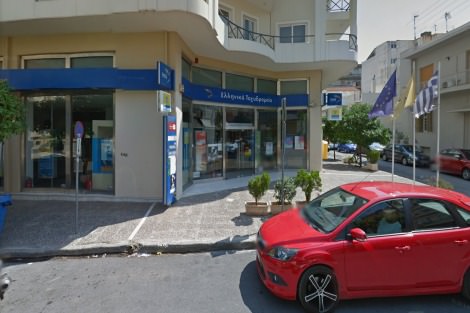
EDUCATION
- Gillian Bouras
- 20 December 2016
9 Comments
I have no idea how many students I've taught in two countries. I remember, usually, the high achievers and their troublesome and often troubled opposites, but most are a blur: the human memory has its limits. On the other hand I think I can name all the teachers I ever had: this, of course, is much easier to do. There was more evidence of this today. I was in the Kalamata post office, waiting my turn and clutching a fistful of cards bound for Australia, when a bearded young man asked me a question.
READ MORE 
-

RELIGION
- Irfan Yusuf
- 14 December 2016
2 Comments
Some of my South Asian 'aunties' are very much opposed to wearing any religious head covering. Mum has only recently started wearing a tiny Egyptian number she picked up during her last Haj. Like many South Asians, she has become a bit more religiously observant as she gets older. She grew up in the Indian university town of Aligarh, some 140km South East of Delhi. Aligarh was a very conservative town, and her father, a professor at the local university, was a rather conservative chap.
READ MORE 
-
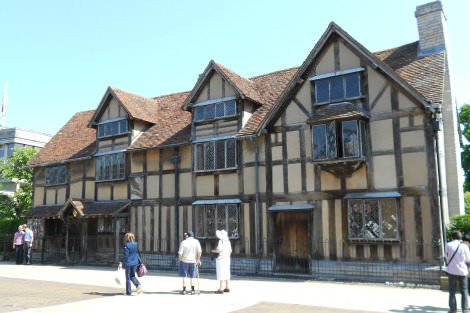
INTERNATIONAL
- Patrick McCabe
- 29 November 2016
3 Comments
Someone I read in high school, so probably Shakespeare, once said 'The past is a foreign country, they do things differently there.' Well, whoever it was clearly hadn't been to Stratford-upon-Avon (so maybe not Shakespeare then). Here, you truly can visit the past, without a passport. As one peruses the shops, houses, supermarkets and ATMs, one cannot help but speculate as to the links between Shakespeare's works and what must have been the commonplaces of his everyday life.
READ MORE 
-
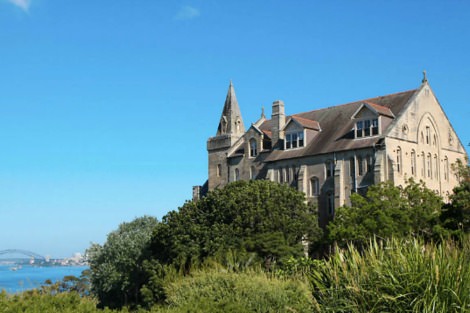
EDUCATION
- Michael Furtado
- 04 November 2016
12 Comments
Amid the furore surrounding Minister Birmingham's disclosure of figures showing massive discrepancies in public funding between some independent schools and low-SES schools, some facts need scrutinising. Systemic Catholic schools draw for their enrolment from lower-SES postcodes than independent schools. Postcodes being an indelible predictor of the educational chances of Australians, balancing systemic school funding against that of independent schools is politically and ethically problematic.
READ MORE 
-

AUSTRALIA
- Brian Matthews
- 03 November 2016
4 Comments
Curiously, while privacy continues to be valued and sought in the 21st century perhaps more strenuously than ever before, its milieu is once again the furious turmoil of aggressively public revelation, exhortation and threat that distinguished Johan Huizinga's scarifying portrait of the medieval world, in his book The Autumn of The Middle Ages. In our age, 'all things in life' once again have 'about them something glitteringly and cruelly public'. Or to put it another way, we have social media.
READ MORE 
-
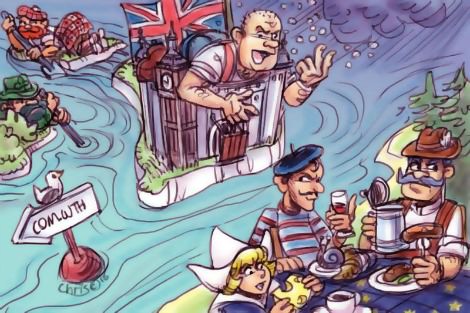
INTERNATIONAL
- Duncan MacLaren
- 07 October 2016
33 Comments
The new situation was rammed home to me in a recent trip to a conference in Salamanca, where there is a Scottish seminary, and Madrid, where I have Spanish friends. Everyone I met was shocked at the news and it was as if there had been a death in the family. On the flight back to Edinburgh, it became clear to me that the Brexiteers were about to take my European nationality away from me and replace it with a Little Englander mentality that sees foreigners through a prism of otherness
READ MORE 
-
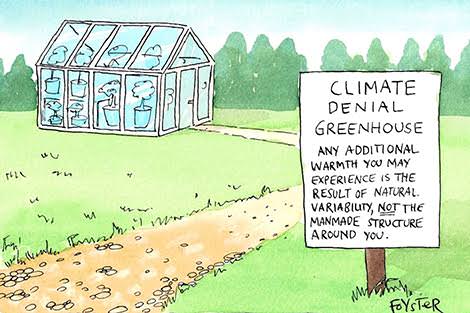
ENVIRONMENT
- Greg Foyster
- 26 September 2016
11 Comments
In January, swathes of ancient forest in Tasmania burned in bushfire. February 2016 was a scorcher - the warmest in 136 years of modern temperature records. By late March I was looking at images of a bleached Great Barrier Reef and feeling similarly blanched. I went for a walk, breathing heavily. It was sunny. Ominously warm. Fifteen minutes later, when I returned to my desk, my mood was buoyant again. I turned off my computer, and threw the report I'd been reading in the recycling bin.
READ MORE 
-

ENVIRONMENT
- Thea Ormerod
- 09 September 2016
10 Comments
With the grip of climate change tightening, few seem to understand the urgency of the crisis. This is why the announcement of over 3500 churches in the UK switching to clean power is so significant. At last, a solution presented by religious communities that matches the scale of the problem. They are providing the kind of leadership for the needed transition to an ecologically sustainable future. Unfortunately, one reason why it is so exciting is that we're nowhere near this in Australia.
READ MORE 